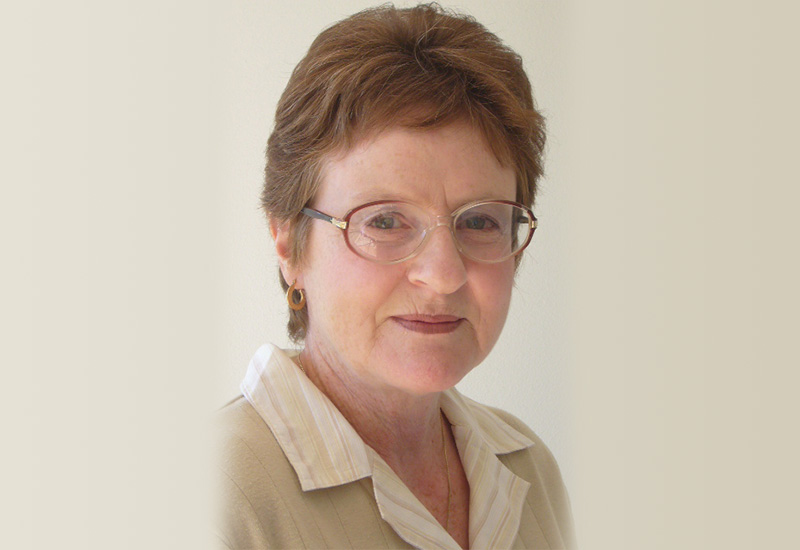Jan Whelan
Honorary Life Member profile series: Jan Whelan
In this issue, Gatherings starts a series of profiles of honorary life members.
Like most editors of my day, I fell into editing. I had wanted to be a journalist from a very young age. I loved the English language, playing with words and helping to make paragraphs easier to read.
I found my way to the educational publisher Jacaranda Press (now Jacaranda Wiley), where I worked on texts that were often written by overworked teachers who had great ideas but no time to stroke them into perfect prose.
Editors were regarded as necessary evils — you had to have one but what on earth did they do? I’ve always said that the mark of a good editor is that you should never be able to see where they’ve been. This, of course, is completely opposite to other publishing professionals — you can see a design, you can see the typesetting, you can see the printed book, but you can’t see the editing.
After eight years at Jacaranda Press and its various manifestations, I decided to be a freelancer. It was 1984 (a prophetic year), and editors were still considered to be pretty much the lowest of the low, but somehow still required (why? what do they do?).
Freelance editing was a nightmare at times. If you freelanced for a publishing company, they didn’t want to understand that you required a liveable wage, and if you had a query from a private author, they were enraged by your slaved-over and pared-to-the-bone estimate of costs — how dare you charge such an amount; you were, after all, just a little married woman doing this for pin money. Back in those days I had one of those phones that you could bang hard into the cradle — most satisfying.
I did, however, survive the negatives, and went on to work for a wide variety of clients all over the country — educational and general publishers, corporate clients, education departments, government departments, universities, self-publishing clients — from copyediting through to publishing consulting.
What did I like about being an editor? I liked authors who trusted me to do the best by them, and who appreciated my efforts for them and really understood that you, the editor, were their ‘last line of defence’. A couple of my authors used to say, editors stopped them making ‘fools of themselves in permanent print’. I also liked it when the Society of Editors was inaugurated because it meant that there were others to discuss things with, over a glass or three …
So, what does it mean to me to be an HLM of IPEd? I was glad to be able to help get SocEdsQ off the ground, and to work for several years on and off the committee in various capacities. I loved doing seminars and training courses, and I especially loved helping to get the original Standards published, as I felt this was a ‘coming of age’ of our profession. So, to be recognised for doing something I enjoyed was not on my radar, but I am very grateful to all involved for awarding me the honour.
Would I do it all over again? Definitely not. I’d be an astrophysicist — if I could just understand the mathematics involved.

